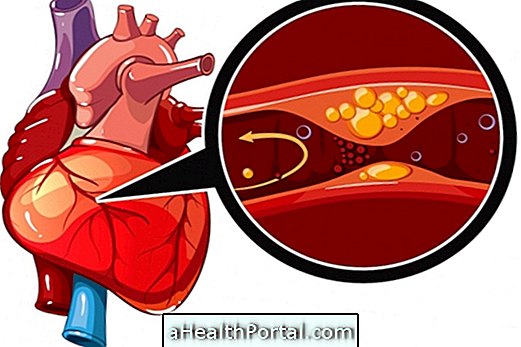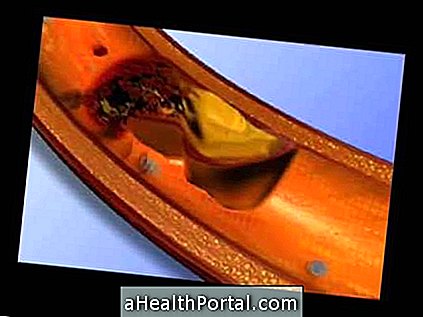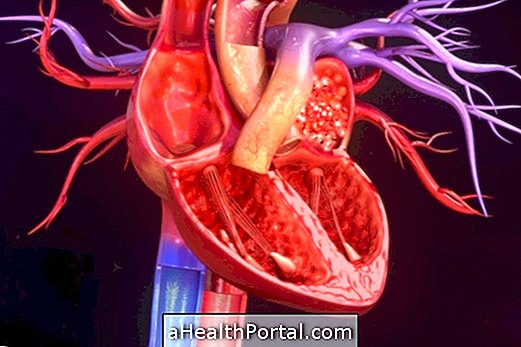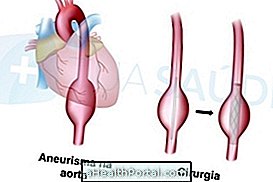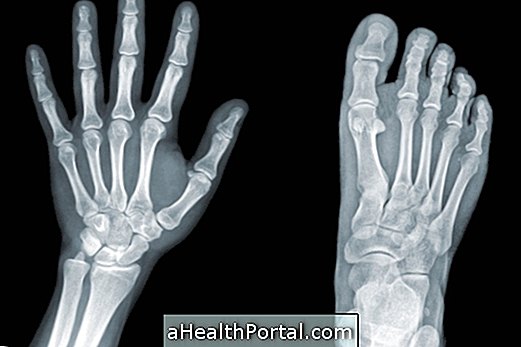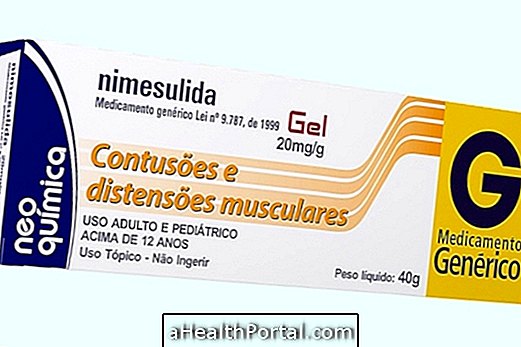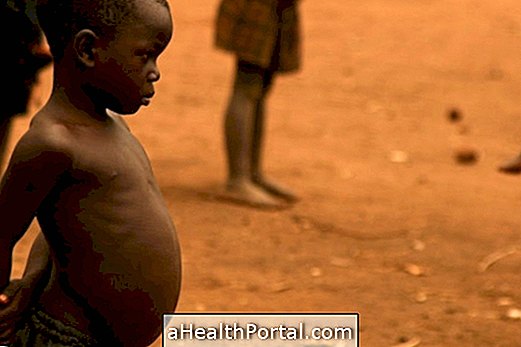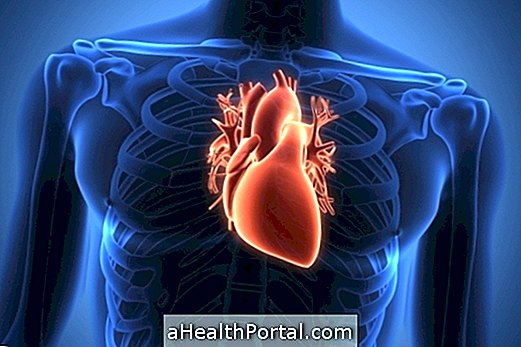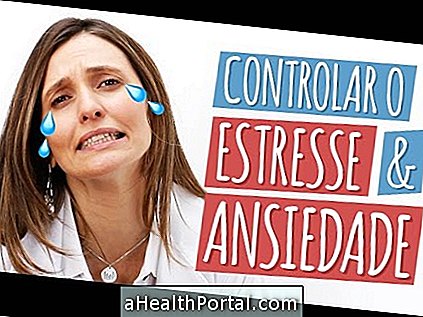The symptoms of heart failure are caused by the accumulation of blood that the heart can not pump. Thus, early symptoms include fatigue for major exertion, shortness of breath and coughing. Over time, symptoms can progress to tiredness at small efforts such as eating or brushing teeth, and bumps spread throughout the body.
When the individual has these symptoms, he should seek a cardiologist to diagnose the problem and initiate appropriate treatment with medicines, physical therapy or even a heart transplant in the most severe cases.
Symptoms of congestive heart failure
Symptoms of congestive heart failure may be:
- Tiredness, weakness and shortness of breath;
- Swelling of the feet, ankles, and belly;
- Weight gain;
- Faster heart rate;
- Difficulty falling asleep when lying down;
- Lack of appetite and poor digestion.
Symptoms such as more concentrated urine and urge to urinate more often at night may also occur.
Symptoms of Right Heart Failure
Symptoms of right heart failure include:
- Whole body swelling;
- Abdominal pain and enlargement of the liver;
- Lack of appetite, nausea and vomiting;
- Decrease in the amount of urine.
To improve the symptoms of right heart failure the patient should avoid salt intake and follow the treatment prescribed by the cardiologist.
Symptoms of Acute Heart Failure
Symptoms of acute heart failure may include:
- Shortness of breath;
- Increased blood pressure;
- Increased heart rate;
Symptoms of acute heart failure arise due to the worsening of other diseases, such as pressure, heart attack or chronic heart failure, so these problems should also be treated.
Symptoms of Chronic Heart Failure
The symptoms of chronic heart failure gradually appear and are usually:
- Shortness of breath;
- Tiredness at rest;
- Swelling of the legs;
- Increased abdomen;
- Very concentrated urine
Symptoms of chronic heart failure arise mainly in individuals with a history of high blood pressure and sedentary lifestyle.
Symptoms of diastolic heart failure
Symptoms of diastolic heart failure may be:
- Shortness of breath;
- Difficulty breathing;
- Feeling of drowning;
- Anxiety and agitation;
- Cough with catarrh
When symptoms of heart failure are not treated properly, heart disease can worsen and lead to decompensated heart failure that should be reassessed by the cardiologist and may require heart transplant surgery.
To treat heart failure, the individual should perform regular physical exercise and avoid a diet rich in salt and fats.
Check out nutritionist Tatiana Zanin's guidelines for what she can eat to control symptoms by complementing treatment:

See also:
- Treatment for heart failure
- Benefits of physical activity in heart failure
